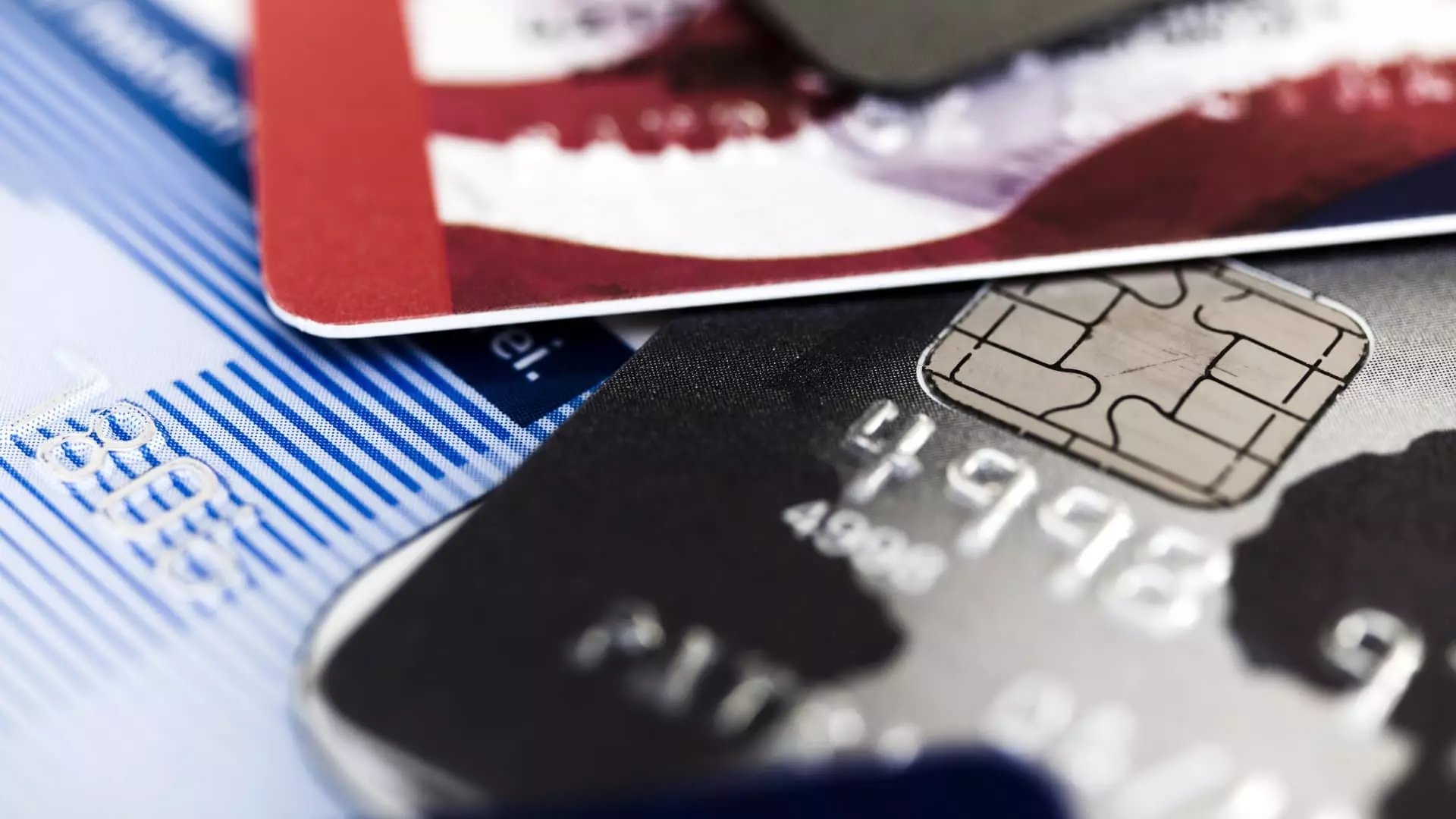A recent regulation proposed by the Consumer Financial Protection Bureau (CFPB) aimed to reduce late fees on credit cards for Americans. However, the implementation of this rule is being challenged by the U.S. Chamber of Commerce and the card industry. This article will critically analyze the potential impacts of this regulation and the legal battle surrounding its implementation.
The CFPB regulation proposed to limit late fees on credit cards to $8 per incident, significantly lower than the average of $32 per incident that banks currently charge. This change could potentially save American families up to $10 billion annually in fees. However, big card issuers like Capital One and Synchrony have expressed concerns about the revenue losses they would face if this rule is implemented. They may resort to raising interest rates, adding new fees, or changing their lending practices to offset these losses.
The U.S. Chamber of Commerce, along with industry trade associations, filed a lawsuit against the CFPB to prevent the regulation from taking effect. They argue that the rule would unfairly redistribute costs to consumers who pay their bills on time and could lead to unintended consequences of more users falling behind on payments. The industry is concerned about the potential impact on their revenue, with Capital One’s CEO mentioning that it could affect their earnings for a couple of years.
The credit card regulation is part of President Joe Biden’s broader initiative to eliminate what he deems as “junk fees” that burden consumers. By reducing late fees, the administration aims to provide relief to Americans struggling with credit card debt. However, the legal challenges from the industry indicate a significant pushback against these efforts by the current administration.
The outcome of the legal battle over the CFPB regulation remains uncertain. If the industry’s request for a freeze is granted, the rule could be delayed for an extended period, possibly through a lengthy trial process. This uncertainty creates challenges for both consumers and financial institutions, as they await clarity on the future of credit card regulations.
The Consumer Financial Protection Bureau’s regulation on credit card late fees has sparked a contentious legal battle between the industry and regulatory authorities. The economic impact of this rule, along with the potential changes in industry practices, raises significant concerns for all stakeholders involved. The outcome of this dispute will have far-reaching implications for the financial services sector and consumers alike, highlighting the complexities of regulatory interventions in the finance industry.

